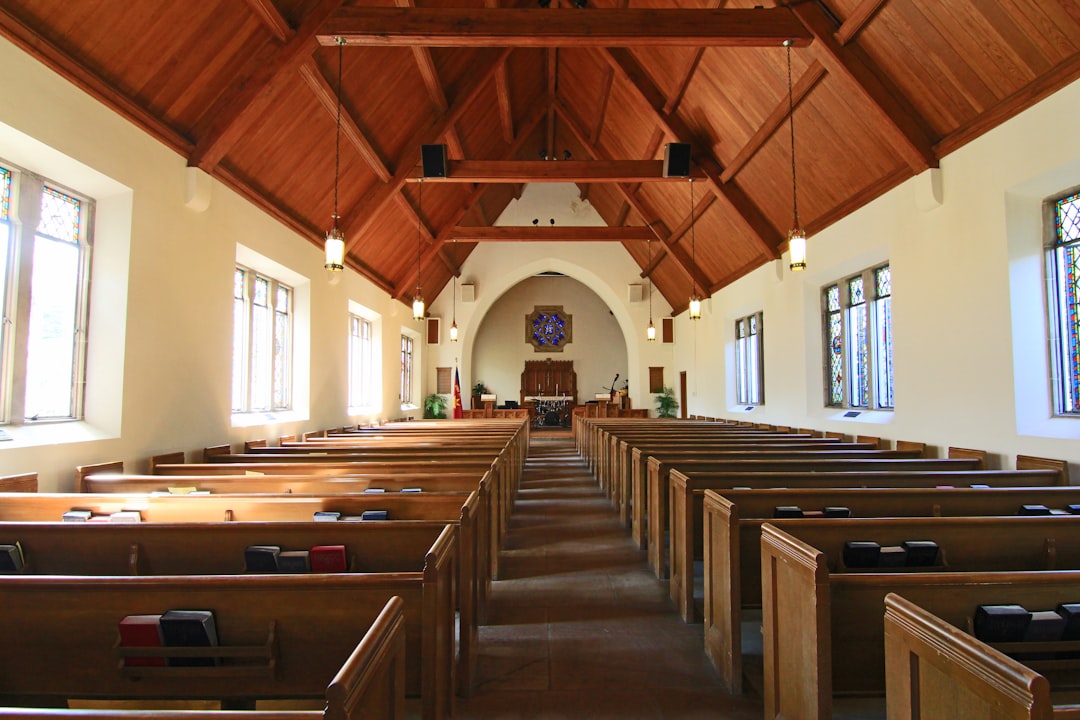In Arkansas, victims of clergy abuse find specialized support through trusted clergy abuse law firms. These attorneys expertly navigate complex legal and religious institution policies, utilizing state-specific laws to build strong cases for justice. They prioritize victim safety, confidentiality, and robust evidence collection, including documentation, digital records, and expert opinions. By protecting survivors' rights and offering guidance, these firms foster healing, transparency, and accountability within religious communities, ultimately preventing future abuse. Key services include creating safe spaces, encouraging storytelling, and promoting better prevention strategies.
In Arkansas, addressing clergy abuse has become a pressing legal and social issue. Understanding the nuances of this complex problem requires a deep dive into both the legal landscape and the unique challenges faced by survivors. This article explores these aspects from a legal perspective, focusing on evidence collection processes and the pivotal role played by specialized clergy abuse law firms in the state. By examining these key elements, we aim to highlight efforts towards justice for survivors and improved handling of clergy abuse cases in Arkansas.
Understanding Clergy Abuse in Arkansas: A Legal Perspective

In Arkansas, clergy abuse is a serious issue that often involves complex legal dimensions. A clergy abuse law firm in Arkansas plays a crucial role in helping victims navigate the legal system and seek justice. These attorneys specialize in understanding the unique dynamics of religious institutions and their legal obligations to protect individuals under their care. By examining policies, procedures, and potential breaches of fiduciary duty, these experts can build strong cases on behalf of victims.
The state’s laws regarding clergy abuse are designed to protect vulnerable individuals within religious communities. Arkansas has specific statutes that address sexual misconduct by religious leaders, setting clear guidelines for prosecution and victim support. A skilled clergy abuse law firm in Arkansas is well-versed in these laws, ensuring that clients’ rights are protected and that justice is pursued appropriately. They assist victims in gathering evidence, preparing legal strategies, and representing them throughout the entire process.
The Process of Collecting Evidence for Clergy Abuse Cases

When dealing with sensitive cases of clergy abuse, a meticulous and legal process is required to collect evidence effectively. A dedicated clergy abuse law firm in Arkansas will understand the unique challenges involved in such cases, where victims may struggle to come forward due to fear, shame, or past trauma. The initial step involves building trust with the victim(s) and ensuring their safety and confidentiality. This often requires a sensitive approach, including secure communication channels and private settings for interviews.
Evidence collection strategies can vary depending on the nature of abuse allegations. Documentation plays a vital role; this includes any written records, correspondence, or journals that might provide relevant details. Additionally, digital evidence such as emails, text messages, or online interactions related to the abuse can be crucial. Legal professionals specializing in clergy abuse cases will also gather witness statements, employ detailed fact-finding techniques, and utilize expert opinions when necessary to strengthen the case. These comprehensive methods ensure a robust legal strategy for holding accountable those who have committed such offenses within the clergy.
The Role of a clergy abuse law firm in Arkansas and its Impact on Survivors' Justice

In Arkansas, a specialized clergy abuse law firm plays a pivotal role in ensuring justice for survivors who have experienced trauma within religious institutions. These legal professionals are dedicated to navigating complex laws and church-related policies to protect the rights of victims. They provide crucial support by offering expert knowledge on clergy abuse cases, helping survivors understand their legal options, and guiding them through the process of seeking compensation and healing.
The impact of such a law firm extends beyond legal representation. It creates a safe space for survivors to share their stories and encourages others to come forward. By handling these cases sensitively and discreetly, the firm contributes to a culture shift, fostering transparency and accountability within religious communities in Arkansas. This, in turn, can lead to better prevention strategies and policies aimed at safeguarding individuals from future abuse.





